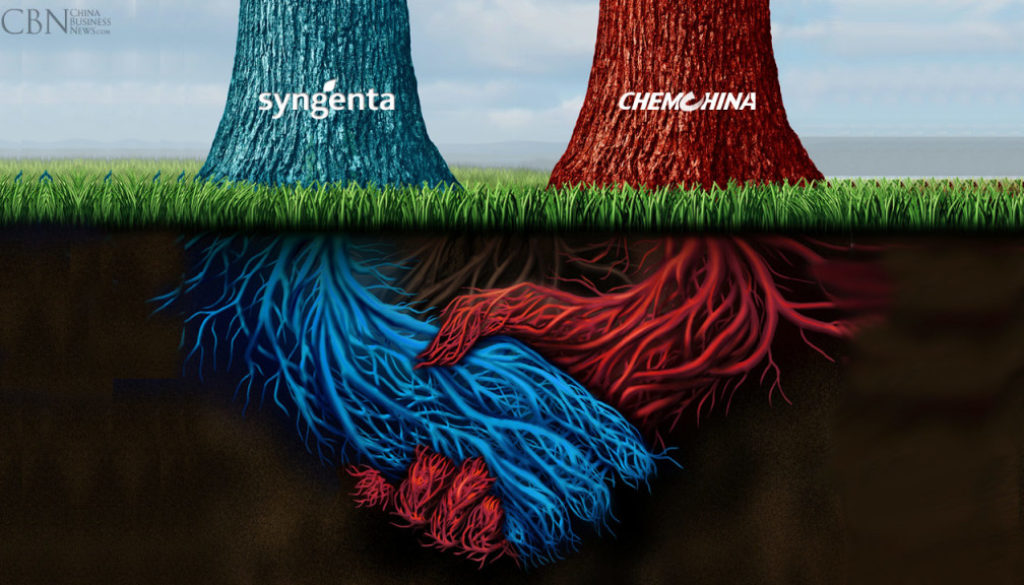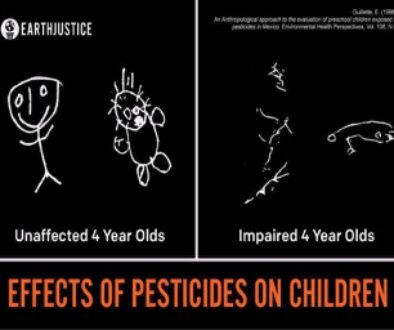Stock Options Limiting Crop Options
Last week it was announced that Chinese state-run company, ChemChina, would buy Swiss agrochemical company, Syngenta, for $43 billion making it China’s largest outbound acquisition ever. This will also be the world’s largest chemical sector buyout in history and the fourth largest full cash acquisition on record. What does this mean for North Carolina?
In two words, food security. Or in this case, a lack-there-of.
This merger was not unique, in that, the past six months were marked by some historic mergers for the agricultural sector including, the Smithfield-Shanghui pork industry merger, chemical giants Dow Chemical and DuPont announcing they will merge, and now another buyout of epic proportion. This could mean farmers in North Carolina are getting the short end of the stick from the agro-chemical industry and will be forced further into a sector that is dominated by vertical integration.
This consolidation is another example of how chemical companies have slowly overtaken the agricultural industry over the past century and forced growers into a pesticide treadmill of creating a chemical “solution” for a pest only to have that pest adapt, become resistant to the chemical, or open the door for insects the eradicated pest formally preyed upon. Make no mistake, these companies’ missions are not to “feed a growing world”, but rather to make a profit on selling their product while ensuring the financial longevity of their company.
As agriculture is North Carolina’s top industry at $78 billion, growers and consumers alike should be wary of these mergers as they could have implications to limiting options for growers when it comes to the chemicals they use to treat pest and more organic based alternatives for those that do not wish to participate in “conventional agriculture.” This is yet another encroachment on farmers’ right to choose what they grow and how they grow it, be it without or without chemical pest management practices.
North Carolina’s growers should have options available that allow for them to choose what sort of seed they wish to plant and their own pest management programs. Along those lines, consumers have the right to know what goes into the products they feed their children and have a variety of options based on what they feel best suits their health and financial needs. Fair competition is at the heart of out society, and when the top six companies that already dominate the world’s agro-chemical industry begin to consolidate, then there is little room for a fair choice in products used in agricultural operations.
Russ Vollmer, an organic strawberry farmer from Bunn, who I heard speak in the General Assembly last session said that the single biggest obstacle to running a sustainable, organic strawberry farm was that he did not see the same amount of dollars going into finding him to tools necessary to combat pests. Growers and consumers both must pressure elected officials to invest more research dollars into organic pest management practices and organic agricultural operations, which is currently a fraction of the amount spent on research into genetically modified organisms and “conventional agriculture.” If we want to create options for growers and consumers then we must give the organic industry a fighting chance and step off of the pesticide treadmill.


